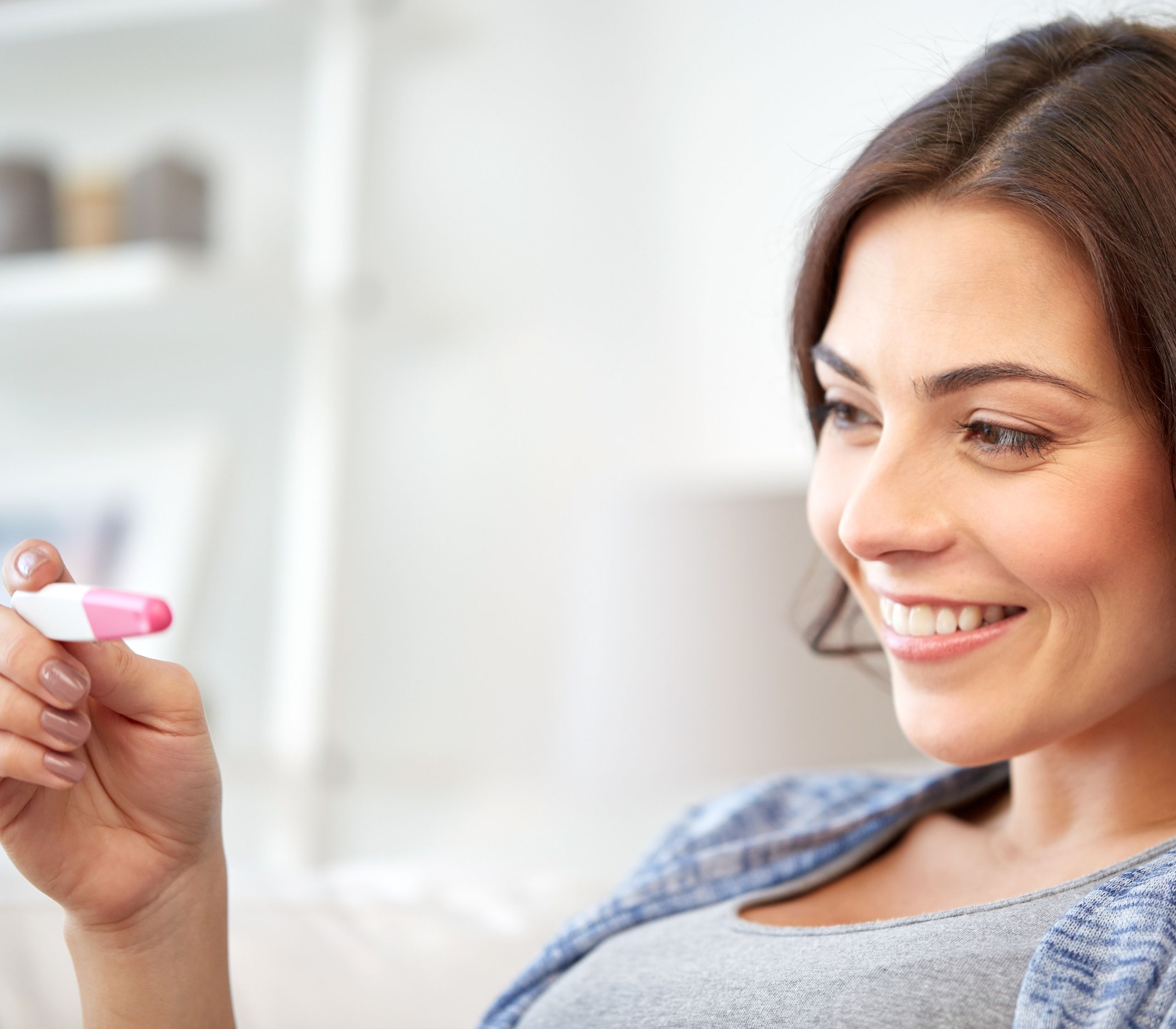Egg Donation and Future Fertility: If I Donate My Eggs Can I Still Have Babies?

While egg donation helps those with infertility have partially biological children, YOUR fertility is an important factor to consider too! Many egg donors will enter the program wondering “if I donate my eggs can I still have babies myself?” If you’re reading this blog, you may fall into one of these categories, regarding your reproductive plans:
- Someone in their early to mid-twenties, who would like to have children someday, but is not quite ready yet.
- Someone who is content and has no current or future desire to have children.
- Someone who already has children of their own, may be done having children and would like to help someone else with their healthy genes.
At The World Egg and Sperm Bank, we want to educate you on and prioritize your continued fertility, no matter your plans! Join us as we walk you through the egg donation process and how it does or does NOT affect your egg reserve.
Frequently Asked Questions about Fertility and Egg Donation:
Let’s review some frequently asked questions from past egg donors themselves. To further explain how egg donation will not reduce your fertility, let alone cause someone to become infertile.
If I donate my eggs can I still have babies?
Before we head into more medical terminology, let’s provide some quick relief to the question “if I donate my eggs can I still have babies?” The answer is: YES! Research shows that egg donation, the procedure itself, does not negatively affect your future chances of having children.
If I donate my eggs too many times, will I become infertile?
Can you donate your eggs so much to the point where your fertility and health is affected? At The World Egg and Sperm Bank, NO! Following the guidelines from the American Society of Reproductive Medicine, to ensure a donor’s health won’t be affected, egg donors can only donate 6 times in their lifetime. This means that donors cannot hop from bank to bank and donate 6 times at each one, but 6 times total, no matter if they switch banks.
This guideline exists to ensure there is no increased chance of the donor’s ovaries becoming overstimulated from the hormone medication, and that no more than 60-120 eggs are retrieved in their lifetime. Now, this may seem like a large number, so let’s discuss your overall egg supply in relation to eggs that will be retrieved!
If I donate my eggs, will I run out of them?
Egg donation can get confusing when we don’t first and foremost understand a woman’s reproductive system. Exactly how many eggs do women have, and how many do they lose overtime?
- A female is born with around 1-2million oocytes (eggs) in their ovaries. Once they start their period, they lose around 1,000 immature eggs per month during their period, while only one egg matures and is released as the dominant egg. To retrieve these eggs, hormone medication is utilized to mature more eggs than normal, to be prepped for fertilization.
So, when we mature and retrieve your eggs, we are only taking a small portion of the eggs. These eggs would have otherwise been lost and reabsorbed by the body in the period cycle, as they were not matured, and were only follicles. In short, egg retrieval does not lower your egg count, as your body is doing so naturally!
If I donate my eggs, will I grow more?
Remember when we talked about how many eggs women have in their ovaries when they are born? Well, at birth, you already have all the eggs and the highest number of eggs you will have in your life. Ovaries do not produce more eggs; they are only released and lost each menstrual cycle. When a female begins menstruating, they typically have around 300,000 eggs left, compared to what they were born with!
How are my eggs retrieved?
So, how do we retrieve these eggs once they are matured? Donor’s eggs are retrieved through the process of egg retrieval. Egg retrieval is a minimally invasive procedure in which eggs are taken from a donor’s ovaries. Let’s break it down step by step!
- Egg donors will be put under twilight sedation.
- Our clinical staff will utilize an ultrasound probe into the vaginal canal, with a short needle.
- The probe will pass through the vaginal wall and will be guided to locate the follicles within their ovaries, which contain the eggs.
- The eggs are collected through the needle via a suctioning device.
- Donors will rest and recuperate from the sedation in our recovery room.
How can I protect my fertility?
Now that we know that we don’t need to worry about egg donation impacting our fertility. So, what are some ways we can protect our fertility for those wanting families in the future?
- Maintain a healthy diet.
- Maintain a healthy weight and overall, Body Mass Index.
- Follow safe-sex practices against STD’s.
- Refrain from tobacco use and alcohol consumption.
- Avoid chemicals and toxics.
- See your designated health professionals on an annual basis.
Eggs-plore Egg Donation Today!
Now that we’ve covered the question, “If I donate my eggs can I still have babies?” Let’s start your journey! You can access our online application HERE.
Follow us on our socials!
Check out our Instagram, Facebook, and LinkedIn pages to see our content and learn more!


